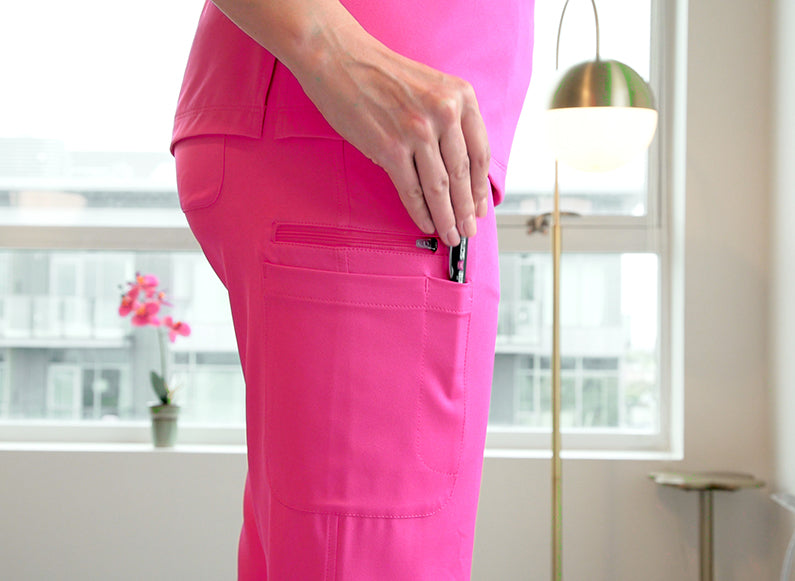By Rastisha Smikle, RN
2020 has taught me many lessons, one of the most important lessons was the importance of self-care. Nurses often are selfless, placing patient's needs above their own, skipping lunch breaks, delaying much-needed bathroom breaks, and staying late to make sure things go smoothly for the next shift. But who makes sure that you are taken care of?
Nursing can be physically, mentally, and emotionally taxing, but the pandemic has placed additional stressors on us. Prioritizing your self-care will ensure that you are fueled to be your best self for yourself, your loved ones, and the patients that you serve.
So, what are some ways that you can integrate self-care?
Ten Self-Care Tips For Nurses
1. Vitamin D3
Vitamin D3 deficiencies can result in fatigue, brain fog, and bouts of depression. Try to get your daily dose of Vitamin D3 naturally by spending some time outside in the sun. You can take your morning coffee or tea outside, do lunch outdoors, or go for a short walk or bike ride. My fellow night shift nurses, this tip is especially important for you. (Don’t forget to add your SPF when you are outdoors).
2. Rest
Take the time to restore. Working long shifts can take a toll on your body. Get your eight hours of sleep, and if your body is fatigued, take a day or two to just rest and lounge around the house. If this is not possible, consider extra self-care activities like massages.

3. Eat a balanced diet
Eating a balanced and healthy diet with supplements can help to balance your hormones, help you combat brain fog, fatigue, and emotional highs and lows.
4. Stay hydrated
We all know how essential water is for our overall health and wellness. Drinking half of your body weight in ounces will ensure that your body gets the hydration necessary to operate optimally. Try adding fresh fruits to your water to keep it interesting!

5. Tune In
Music therapy has been used for years, as certain sounds can help release serotonin and endorphins. Use music during your self-care time to help relax you. There are some great options on YouTube and the Calm App. Give Delta waves and nature sounds a try.
6. Do something that you enjoy
We can often take simple things for granted. Your simple pleasure can be as lavish or as cost-effective as you’d like— the key is to do it. Book a spa day, have a picnic in the park or watch your favorite movie. Let the dopamine be released!
7. Treat yourself
Make a budget and do something nice for yourself. You work hard, and you deserve it. We often save gifts for special occasions, but why not today?

8. Take your vitamins & supplements
Supplements are essential to fill in the gaps that our diets do not meet. Do your research to see what vitamins and supplements will be good for you.
9. Try CBD oil
Cannabidiol (CBD) oil, also called hemp oil, is derived from the Cannabis Sativa plant. Hemp contains most of the CBD that is used medically. CBD has proven to decrease inflammation, stabilize mood, treat anxiety, relieve insomnia, and much more. Make sure to do your research to ensure that the CBD oil you purchase is THC-free.
10. EAP
Don't be ashamed if you need additional support. Our jobs are very stressful, and over the past few years, we have experienced a lot of trauma that no one was prepared for. Therapy might be the way to go. Check with your organization to see what their employee-assistance program offers for nursing support.
Prioritizing your self-care can make a world of difference in your mood and energy level. Take care of yourself for yourself.
Stay well,
Nurse Stisha
Get more tips and stay connected with Rastisha Smikle on Instagram.




